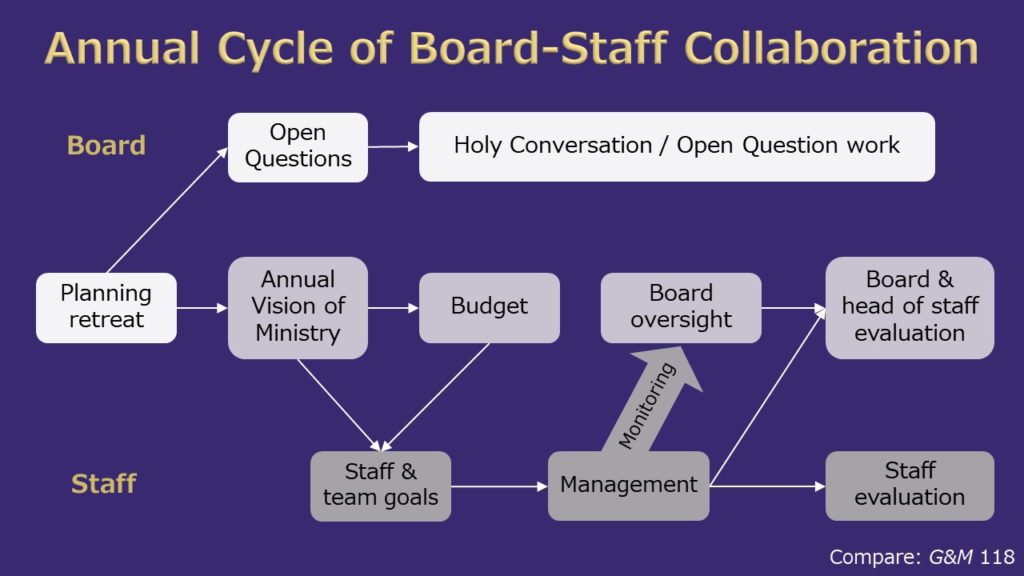
Board members, tired of repetitive requests for approval or permission, often say, “We should write some policies.” This impulse is correct: Policies can spare the board much tedium and help ensure consistent handling of like situations. But in practice, efforts to write policies often frustrate and disappoint. It’s a lot of work and does not always stop the flow of management questions coming to the board.
Fortunately, a board can create “Leakproof” policies. The key is to reverse one of the assumptions most boards bring to making policy: that authority must be dispensed timidly, a little bit at a time. A wise board flips this script and delegates full management authority, then sets limits and adds guidance until it is ready to let others make decisions away from the board table.





